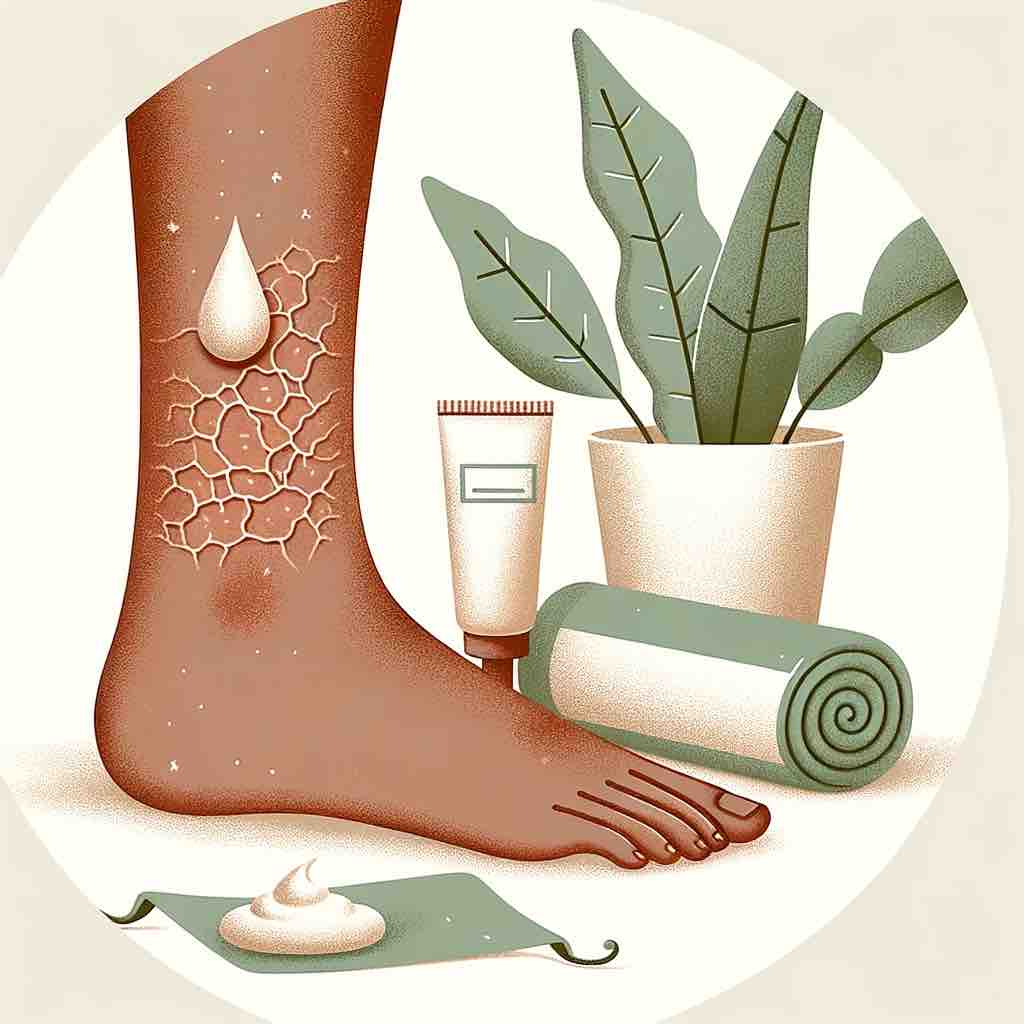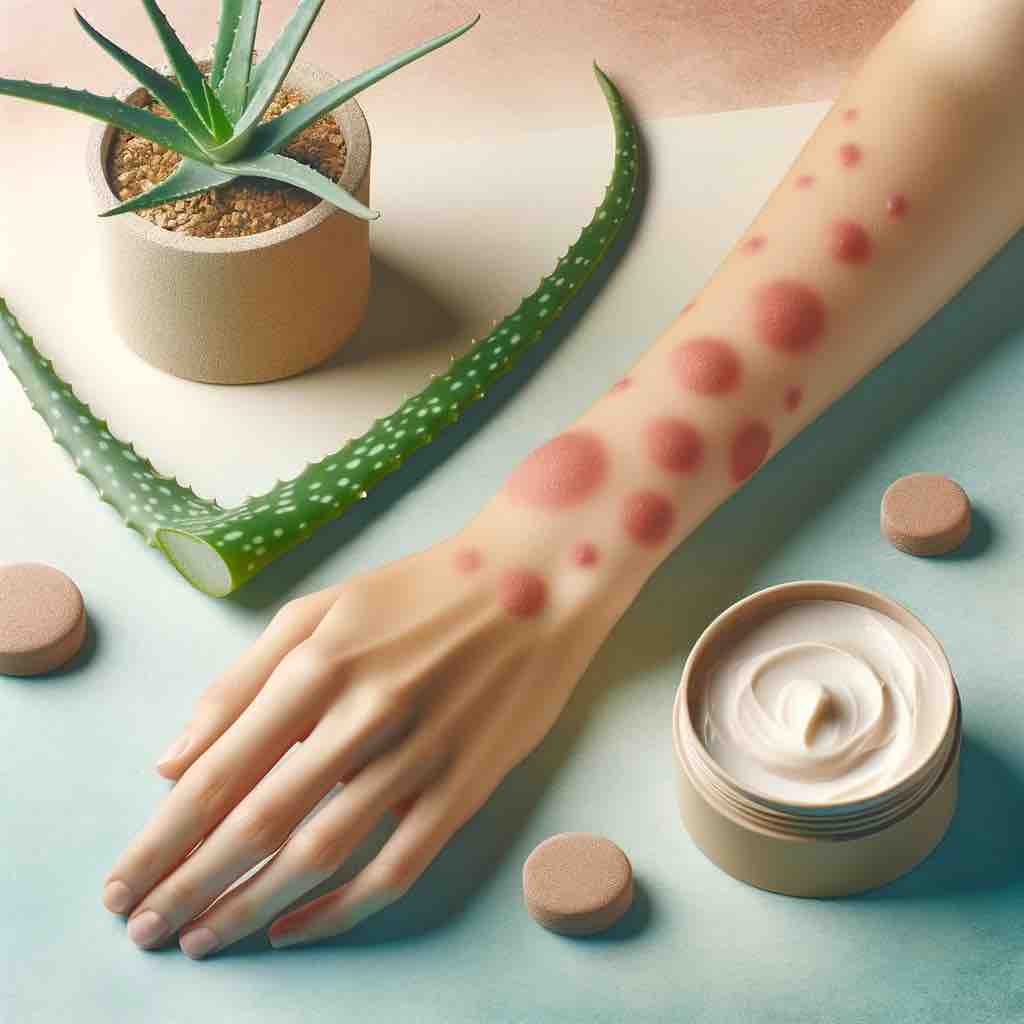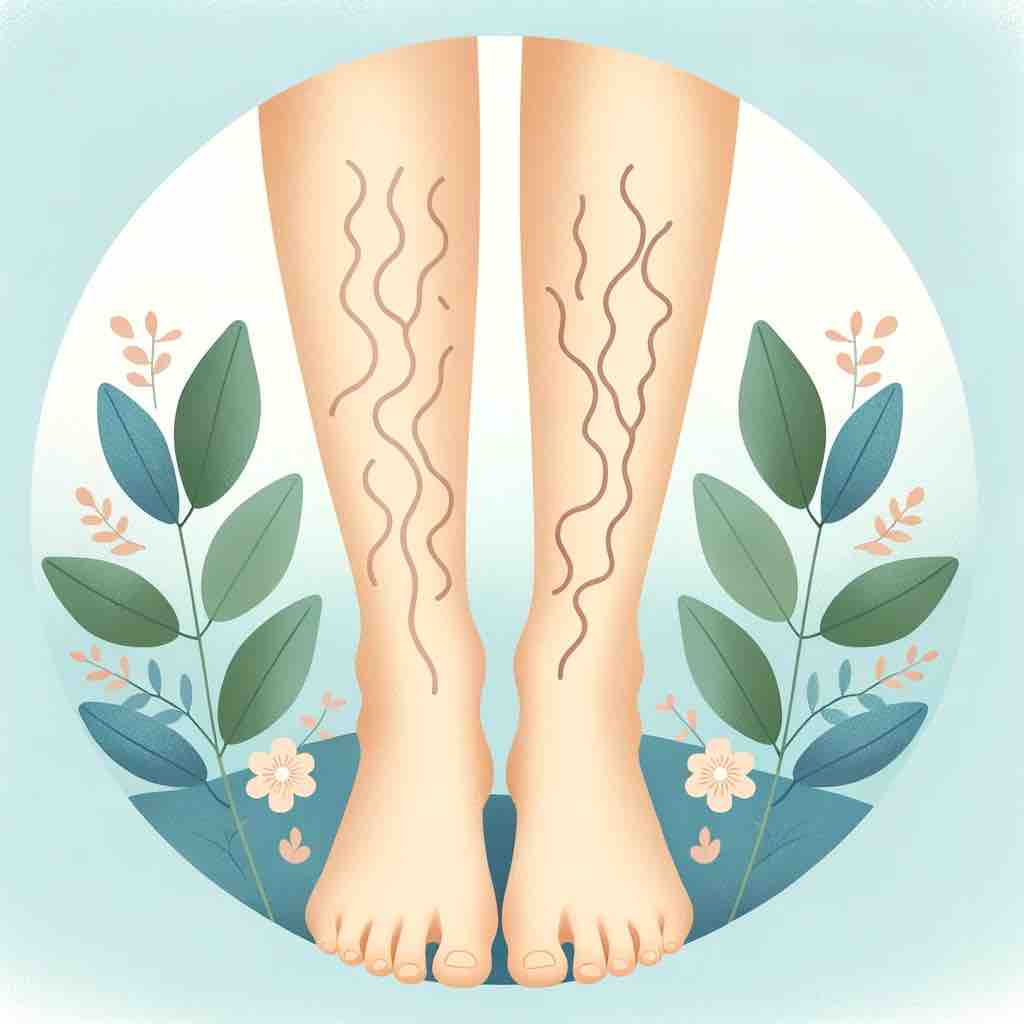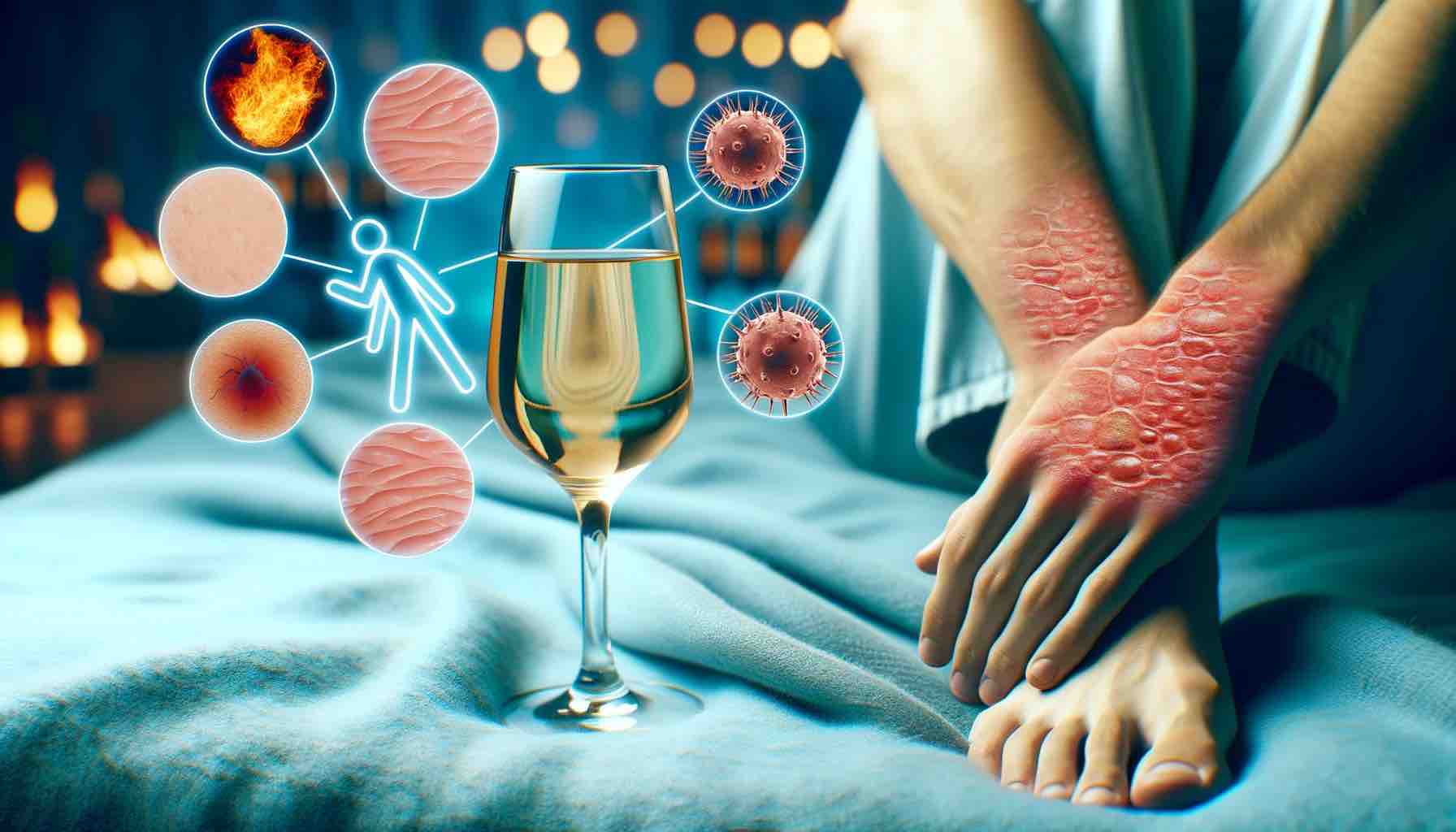
Gravitational dermatitis, also known as stasis or gravitational eczema, is a skin condition predominantly affecting the lower legs, unveiling itself through a spectrum of symptoms ranging from mild irritation to severe inflammation. This condition is a reflection of underlying circulatory problems, often intertwined with age, venous insufficiency, and environmental factors. Let’s navigate through the intricate pathways of gravitational dermatitis, exploring its causes, manifestations, and therapeutic approaches.
Deciphering the Symptoms
Gravitational dermatitis presents itself through various signs and symptoms, painting a vivid picture of skin distress. Here’s what to look out for:
- Color Changes: Initially, the skin may exhibit a reddish, inflamed appearance, transitioning over time to a brownish hue due to pigment leakage from the blood vessels into the skin layers.
- Location Specificity: The condition meticulously targets the lower legs, particularly around the ankles, where blood and fluid accumulation is most prominent due to gravitational pull.
- Texture Transformation: Affected areas may undergo textural changes, becoming thickened, scaly, or cracked, heralding the skin’s struggle with persistent irritation and inflammation.
Navigating the Causes and Risk Factors
Understanding the root causes and risk factors is pivotal in tailoring effective treatment strategies. Here’s a closer look at the culprits:
- Venous Insufficiency: Compromised vein function in the legs, resulting in inefficient blood return to the heart, sets the stage for gravitational dermatitis.
- Varicose Veins: These enlarged, twisted veins, often visible under the skin, are not just a cosmetic concern but also a significant contributor to the condition.
- Aging: As we age, the skin loses its elasticity, and vein function diminishes, making older adults more susceptible.
Embarking on the Treatment Journey
Treatment is a multifaceted approach, aiming not just to alleviate symptoms but also to address the underlying causes, enhancing overall skin health and resilience.
- Topical Triumphs: Steroid creams and ointments often take center stage in managing the inflammation and itching, providing symptomatic relief.
- Compression Chronicles: Embracing compression therapy, such as wearing supportive stockings, is instrumental in improving blood flow, mitigating swelling, and enhancing the skin’s healing journey.
- Skin Care Saga: A saga of regular moisturizing, gentle cleansing, and vigilant skin care unfolds, aiming to preserve skin integrity, prevent infections, and promote healing.
Exploring Advanced Treatment Modalities
In cases where conventional treatments don’t yield the desired results, or the condition is recurrent or severe, exploring advanced treatment modalities becomes essential. Here’s a glimpse into some sophisticated strategies:
- Phototherapy: Utilizing ultraviolet light to soothe the skin, reduce inflammation, and promote healing, phototherapy emerges as a beacon of hope for persistent cases.
- Medication Mastery: Oral medications, such as antibiotics or immunosuppressants, might be enlisted to combat infections or regulate the immune response, orchestrating a balanced healing environment.
- Surgical Solutions: In some scenarios, surgical interventions, like vein surgery, might be contemplated to rectify the underlying venous insufficiency, paving the way for improved skin health.
Prevention: The Proactive Protector
Prevention strategies are the unsung heroes, often overshadowed by treatment pursuits. Embracing preventive measures is a proactive way to safeguard the skin against the onset or recurrence of gravitational dermatitis.
- Elevate and Alleviate: Regularly elevating the legs helps alleviate pressure, promoting blood flow and reducing the risk of fluid accumulation.
- Exercise Enlightenment: Engaging in exercises, particularly those targeting the legs, like walking or leg lifts, emerges as a natural way to enhance circulation and vein function.
- Nutritional Nurturing: Nurturing the body with a balanced diet, rich in vitamins and antioxidants, fosters a nurturing environment for skin health and resilience.
10. Related Articles and Resources
For a deeper understanding and more specific guidance, you might find the following articles helpful:
- Understanding Eczema and Its Triggers: Dive deep into understanding the root causes and triggers of eczema to manage the condition better. Read more.
- Natural Remedies for Eczema: Explore various natural remedies that can soothe the skin and alleviate the symptoms of gravitational dermatitis. Explore remedies.
- Managing Eczema in Different Areas: Learn about managing eczema in different areas of the body, including the challenges and effective strategies. Learn more.
- Diet and Eczema: Discover how your diet can influence eczema and what foods to embrace or avoid for better skin health. Discover.
- In-depth into Different Types of Eczema: Gain a broader perspective by exploring various types of eczema and their specific management approaches. Explore.
FAQs for Enhanced Understanding and Guidance
- What triggers gravitational dermatitis?
Gravitational dermatitis is primarily triggered by poor circulation in the lower legs, often due to venous insufficiency. The pressure build-up due to accumulated blood leads to skin changes and inflammation. - Can gravitational dermatitis be cured completely?
The management of gravitational dermatitis involves controlling symptoms and improving skin condition. Complete cure might not always be possible, but with appropriate treatment and self-care, the condition can be effectively managed. - What are the first signs of gravitational dermatitis?
Early signs include swelling, heaviness, and aching in the legs. As it progresses, you might notice skin changes such as darkening, thickening, and inflammation. - How does gravitational dermatitis affect daily life?
It can cause discomfort, itching, and pain, affecting mobility and quality of life. Managing the condition with consistent care and treatment is crucial for maintaining daily activities. - Are there any lifestyle changes that can help manage gravitational dermatitis?
Yes, maintaining a healthy weight, exercising regularly, and wearing compression stockings can be beneficial. Elevating the legs and avoiding prolonged standing also helps. - What types of creams or ointments are effective for gravitational dermatitis?
Steroid creams, emollients, and topical calcineurin inhibitors are commonly used. The choice depends on the severity and specific needs of the skin. - Can gravitational dermatitis lead to complications if left untreated?
Yes, untreated gravitational dermatitis can lead to complications such as skin ulcers, infections, and cellulitis, necessitating prompt and consistent treatment. - Is gravitational dermatitis contagious?
No, it is not contagious. It is a result of underlying circulatory issues and skin inflammation. - How is gravitational dermatitis diagnosed?
Diagnosis is primarily based on clinical examination, medical history, and, if necessary, further diagnostic tests like Doppler ultrasound to assess blood flow. - Can gravitational dermatitis reoccur after treatment?
Yes, recurrence is possible, especially if the underlying venous insufficiency is not addressed. Continuous preventive measures and treatment adherence are essential.
Blog Tags
gravitational dermatitis, eczema, skin inflammation, venous insufficiency, leg swelling, dermatology, skin care, treatment options, prevention strategies, lifestyle modifications













